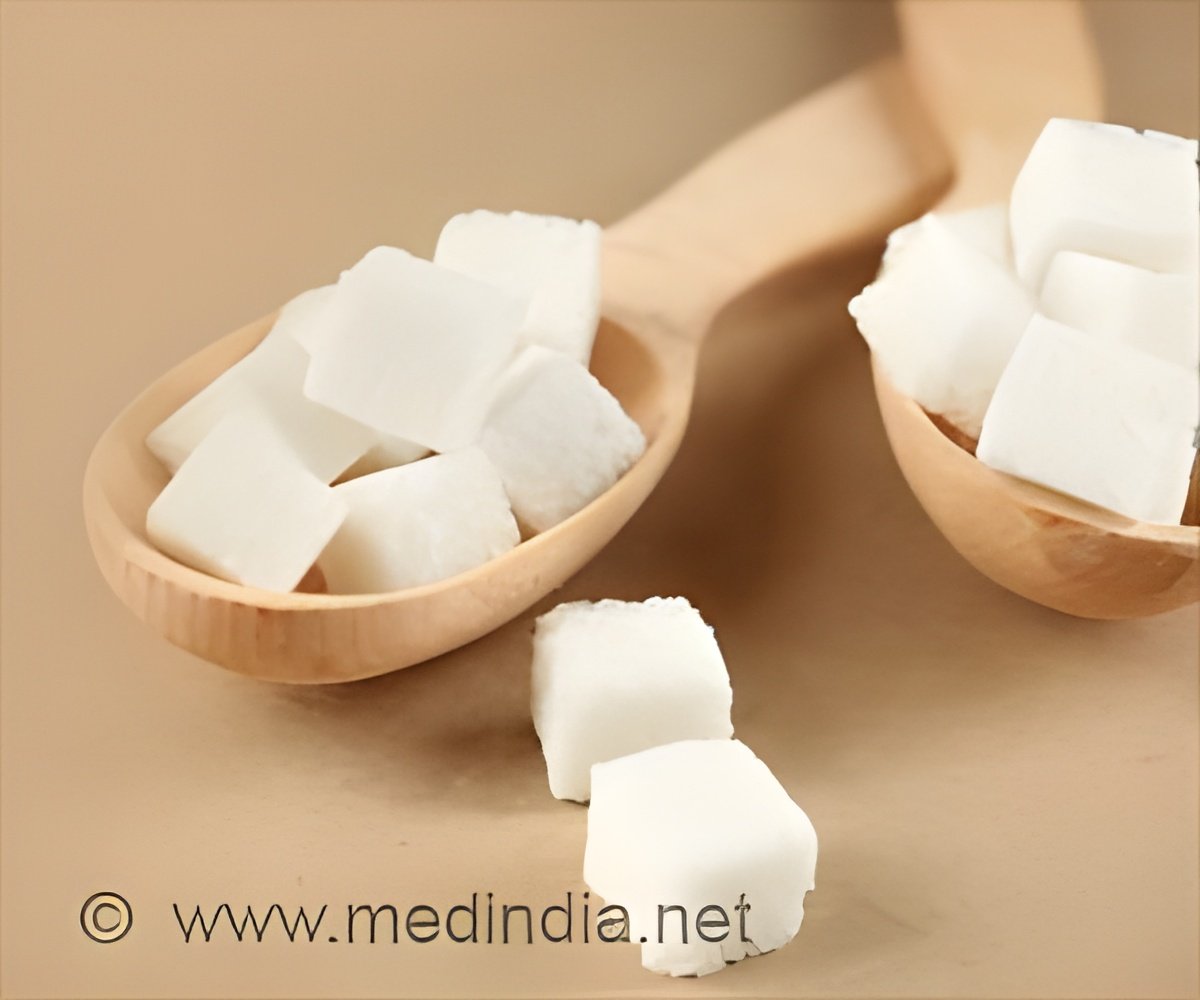When using the traffic light labelling system (TLL) consumers often have to make trade-offs between undesirable attributes and decide which to use to guide them in making a choice, said researchers.

‘Traffic light labelling was introduced to aid the selection of healthier choices with a simple red, amber green colour coding system. Supermarkets and food manufacturers use this on packaging to highlight nutritional information.’





Dietician and PhD researcher Ola Anabtawi led the research published in the Journal of Human Nutrition and Dietetics, she explains: "When using the TLL consumers often have to make trade-offs between undesirable attributes and decide which to use to guide them in making a choice. We wanted to find out whether it was fat, saturated fat, sugar or salt they most wanted to avoid and see whether the traffic light labelling was influencing this decision." Participants in the study were shown three options of the same food item with different nutrition traffic light label combinations, this was repeated for three products- prepacked sandwiches, breakfast cereals and biscuits. They were asked to select which they thought was the healthiest product.
Foods with a high sugar content were by far perceived to be the worst for health with participants avoiding these products, with excess fat, saturated fat and salt being less off-putting. Products flagged with a red label were also avoided much more and had a more significant impact on making a healthy choice than the green label.
Ola continues: "Despite the lack of knowledge about the recommendations underpinning the TLL criteria participants' decisions about the healthiness of food products were significantly influenced by TLL information on the items' sugar content. TLL do, therefore, appear to be guide consumers beliefs in the absence of deep knowledge.
The dominance of sugar in decision-making shows the labelling system is having an impact in the current public health climate. However, it is important to consider the effect of disregarding other nutrients (i.e. fat and salt) for people with different nutritional needs. We suggest raising awareness of all nutrients to help the public achieve the well- balanced diet."
Advertisement











